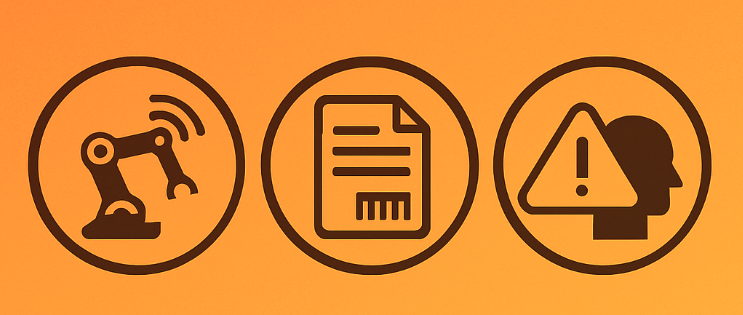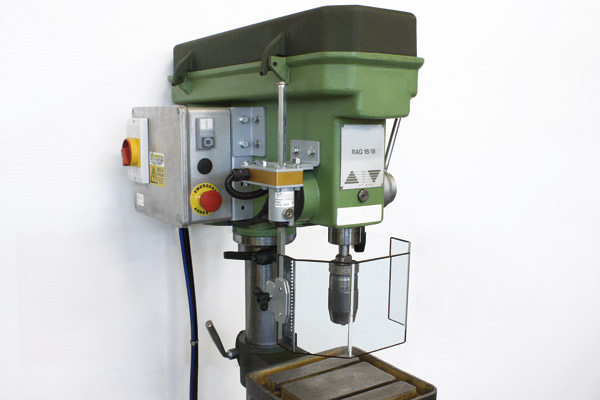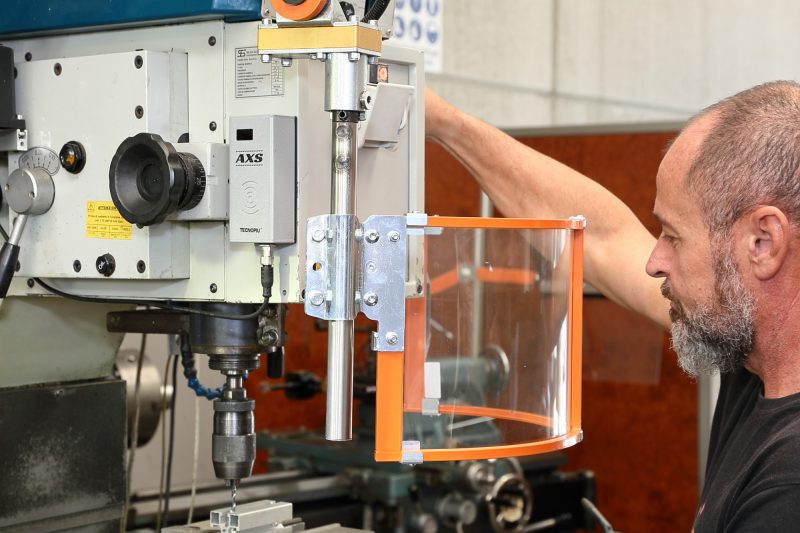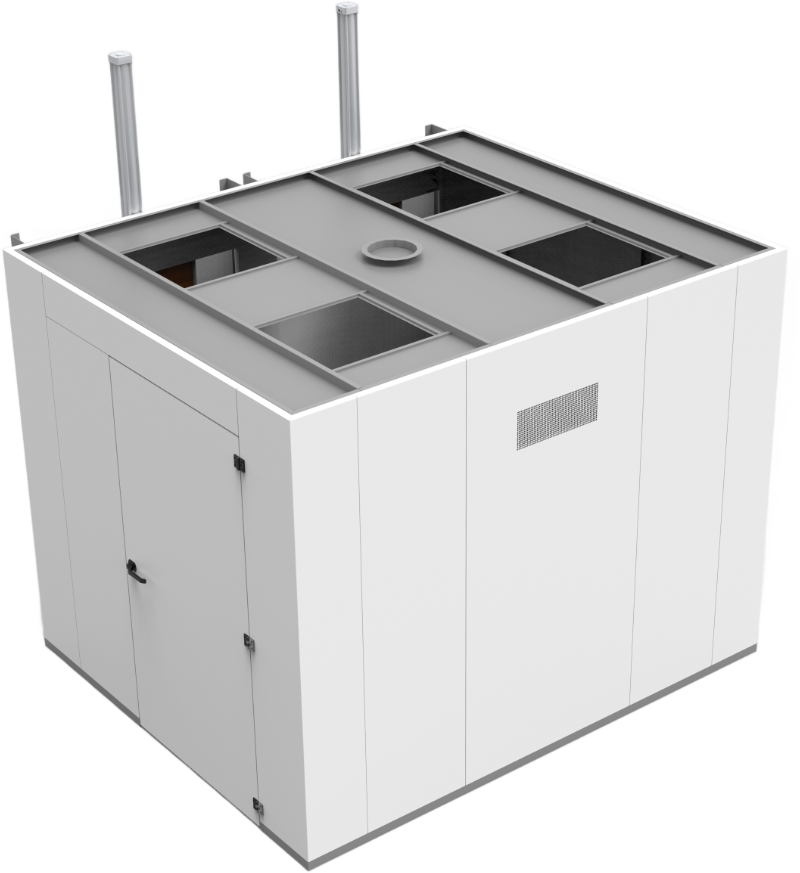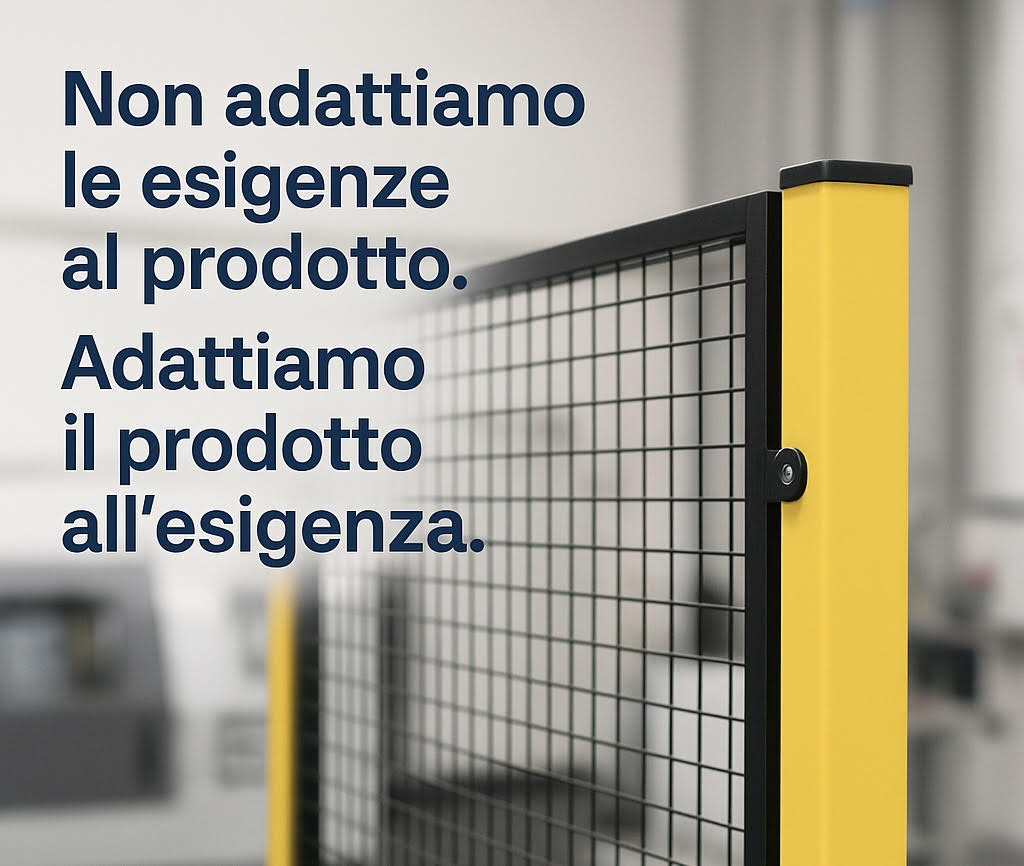The upcoming entry into force of EU Machinery Regulation 1230 of 2023, scheduled for January 20, 2027, will radically change the landscape of industrial safety in Europe.
The regulation, which will replace Directive 2006/42/EC, introduces much stricter requirements regarding the design, certification, and maintenance of machinery, partly completed machinery, and related products. The new regulation also applies to machinery that undergoes modifications after being placed on the market, including physical or digital changes that may introduce new hazards or increase existing risks. Those making such modifications are considered manufacturers and must ensure the compliance of the modified machine.
Tecno Più, through a comprehensive approach that combines regulatory expertise, innovative products, and customization and installation skills, positions itself as a strategic partner for companies facing this transition, offering compliant solutions that anticipate future market demands.
Regulatory Context and Legislative Evolution
From Directive 2006/42/EC to EU Regulation 2023/1230: A Structural Shift
Directive 2006/42/EC has served for nearly two decades as the main reference for industrial machinery safety, harmonizing technical requirements among Member States and facilitating the free movement of equipment within the European Union.
Technological evolution and emerging application challenges have made a thorough revision necessary:
EU Regulation 2023/1230, published on June 29, 2023, not only replaces the previous directive but introduces a more coherent and directly applicable legal framework, eliminating interpretative discrepancies between Member States.
The transition from directive to regulation implies immediate alignment of national legislation, with significant effects on designers, manufacturers, and end users. Unlike the directive, the regulation also applies to substantial modifications made to existing machinery, which were previously regulated only at the national level.
This extension reduces legal uncertainty and requires a complete reassessment of maintenance and upgrade processes.
Main Innovations of EU Regulation 2023/1230
Cybersecurity and Integration with Industry 4.0
One of the most revolutionary aspects of the new regulation is the explicit inclusion of cybersecurity requirements for connected machinery. Automated control systems must now integrate advanced protocols to prevent unauthorized access and ensure the integrity of operational data. This provision reflects the growing interconnection between industrial machinery and IT infrastructures, typical of Industry 4.0.
Traceability and Digital Documentation
The new regulation introduces the obligation for digital documentation throughout the machine’s lifecycle, from design to decommissioning. User manuals, declarations of conformity, and maintenance reports must be provided in standard electronic formats to facilitate access and information updates. Additionally, component traceability has received greater focus, especially for safety devices and protection systems:
1. Unique identification of each component
Manufacturers must equip components, especially those designed for safety (e.g., guards, sensors), with unique identifiers (e.g., serial numbers, codes, batch) to trace origin, production date, and testing or compliance records.
2. Systematic traceability along the supply chain
Traceability requires keeping – even digital – records throughout the supply chain: from machine production to installation.
3. Enhanced responsibility and oversight
If a safety component malfunctions, it must be possible to trace who supplied it, when, and with which specifications.
4. Integration into technical documentation
The technical documentation must include information on safety components, tests carried out, and identification and traceability methods.
Risk Assessment and Emergency Procedures
The new regulatory framework requires a more dynamic and contextual risk assessment, based on real operational scenarios. Emergency procedures must be tested in simulated conditions, with particular focus on human-robot interaction in collaborative environments.
Operational Impact: Challenges and Opportunities
Adapting Existing Machines and Compliance Costs
Companies using machinery face significant challenges. The regulation requires a full recertification for such equipment, with costs estimated up to 30% higher than those under the previous directive. Tecno Più offers audit services to identify non-compliance and plan targeted interventions.
Legal Responsibility and Enhanced Oversight
Penalties for non-compliance can reach €120,000, with possible suspension of activities in severe cases. Criminal liability for executives is a real risk.
Integrated Solutions from Tecno Più
Regulatory Consulting and Risk Analysis
Tecno Più supports companies through the regulatory transition with a specialized consulting service that includes:
- Mapping production processes and identifying critical points.
- Drafting technical documentation compliant with the regulation annexes.
- Training personnel on advanced safety protocols.
Certified and Technologically Advanced Products
The Tecno Più solutions include:
- TP-REX perimeter protections: Modular structures designed to withstand impacts and ensure operational visibility.
- Access control systems: Biometric and RFID devices that limit machine use to authorized personnel.
- Safety light curtains: Designed for dynamic environments, protecting hazardous areas with flexible configurations.
- Dynamic guarding: Robot protections compliant with ISO 14120:2015.
Turnkey Installation
The Tecno Più installation team guarantees turnkey installations, optimized to reduce the impact on productivity.
Future Outlook and Strategic Recommendations
Adopting EU Regulation 2023/1230 should not be seen solely as a legal obligation but recognized as an opportunity to improve efficiency and business competitiveness. Companies that invest in integrated solutions like those from Tecno Più can benefit from several advantages:
- Reduced downtime by 40–50% thanks to reliable safety systems.
- Access to international markets through globally recognized certifications.
- Improved corporate reputation, positively influencing client-supplier relationships.
To effectively prepare for the new regulations, a structured approach is essential:
- Start preliminary audits by 2026 to promptly identify areas of non-compliance.
- Invest in personnel training focused on cybersecurity and emergency management.
- Choose technology partners with cross-functional expertise in mechanics, electronics, and regulations.
In this scenario, Tecno Più aims to be not just a supplier but a strategic partner capable of turning regulatory constraints into tangible opportunities for innovation and sustainable growth.
📞 Contact us now for a free consultation: Get in touch with Tecno Più.


